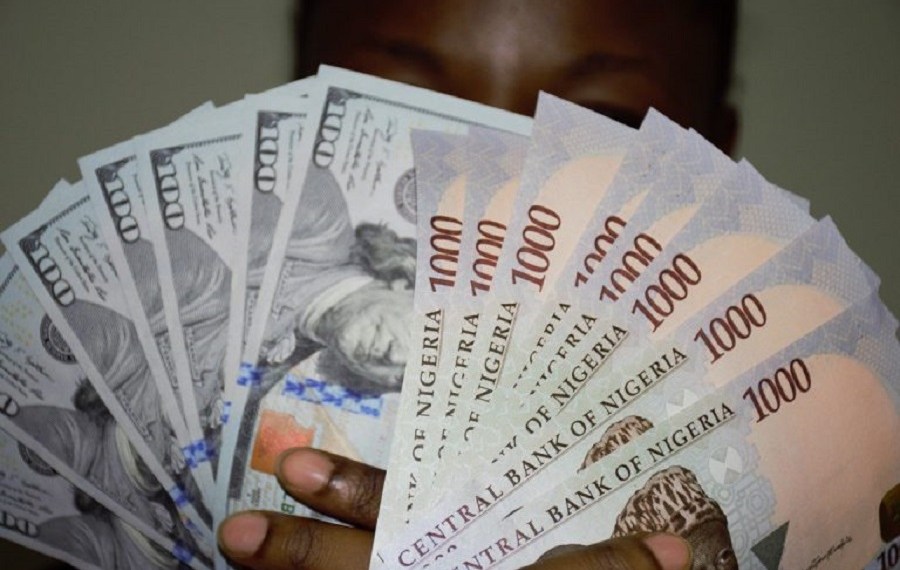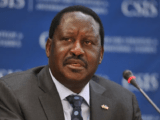
Aboki Naira To Dollar Black Market Rate Today 30th September 2024
The Nigerian Naira’s downward spiral against major currencies, particularly the US Dollar, has continued unabated into the last quarter of 2024.
According to reports from the bustling black market, commonly known as the parallel market, the exchange rates today Monday 30th September 2024, reflect a market in deep distress.
Trending Now!!:
Black Market Rates
- USD to NGN: The buying rate for the US Dollar today was recorded at N1,473.943 per dollar, with sellers offering at N1,660 per dollar. This indicates a significant depreciation from previous weeks, showcasing the Naira’s weakening position against the dollar.
- GBP to NGN: The British Pound saw a buying rate at N1,932.415 and a selling rate of N2,205, highlighting the Pound’s relative stability but still showing a marked increase in value against the Naira.
- EUR to NGN: The Euro was bought at N1,654.724 and sold at N1,670, reflecting the Euro’s modest appreciation against the Naira in the black market.
- CAD to NGN: The Canadian Dollar’s buying rate was N1,083.782, with the selling rate slightly higher, indicating a similar trend of Naira depreciation.
Analysis
The persistent depreciation of the Naira, as observed today, underscores the ongoing economic challenges facing Nigeria. Factors contributing to this trend include:
- Economic Policies: Recent policy decisions, including currency redesigns aimed at curbing vote buying and reducing cash circulation, have led to liquidity issues, pushing more transactions into the black market.
- Oil Revenue Fluctuations: Nigeria’s heavy reliance on oil revenue, coupled with global oil price volatility, has impacted foreign exchange earnings, directly affecting the Naira’s value.
- Inflation and Demand for Dollars: High inflation rates have increased the demand for dollars among Nigerians, both for transactions and as a hedge against inflation, further weakening the Naira.
- Scarcity of Foreign Exchange: The Central Bank of Nigeria’s (CBN) efforts to manage foreign exchange reserves have often resulted in a mismatch between supply and demand, exacerbating the black market rates.
Implications
The current exchange rates not only affect individuals but also businesses, potentially leading to increased costs of goods and services, higher inflation, and a further strain on the economy. The gap between the official and black market rates continues to widen, signalling inefficiencies in the foreign exchange market that could encourage more transactions to bypass official channels.
Government and CBN Response
While the CBN does not officially recognize the black market rates, the government’s monetary authorities are under increasing pressure to address the root causes of this depreciation.
Discussions around floating the Naira more freely or introducing more flexible exchange rate mechanisms have been gaining traction, though no conclusive actions have been announced as of today.
Conclusion
As Nigeria navigates through these economic choppy waters, today’s black market rates serve as a stark reminder of the challenges ahead. The hope for stabilization lies in policy adjustments that could restore confidence in the Naira, reduce the arbitrage between official and black market rates and foster economic growth amidst these trying times.


